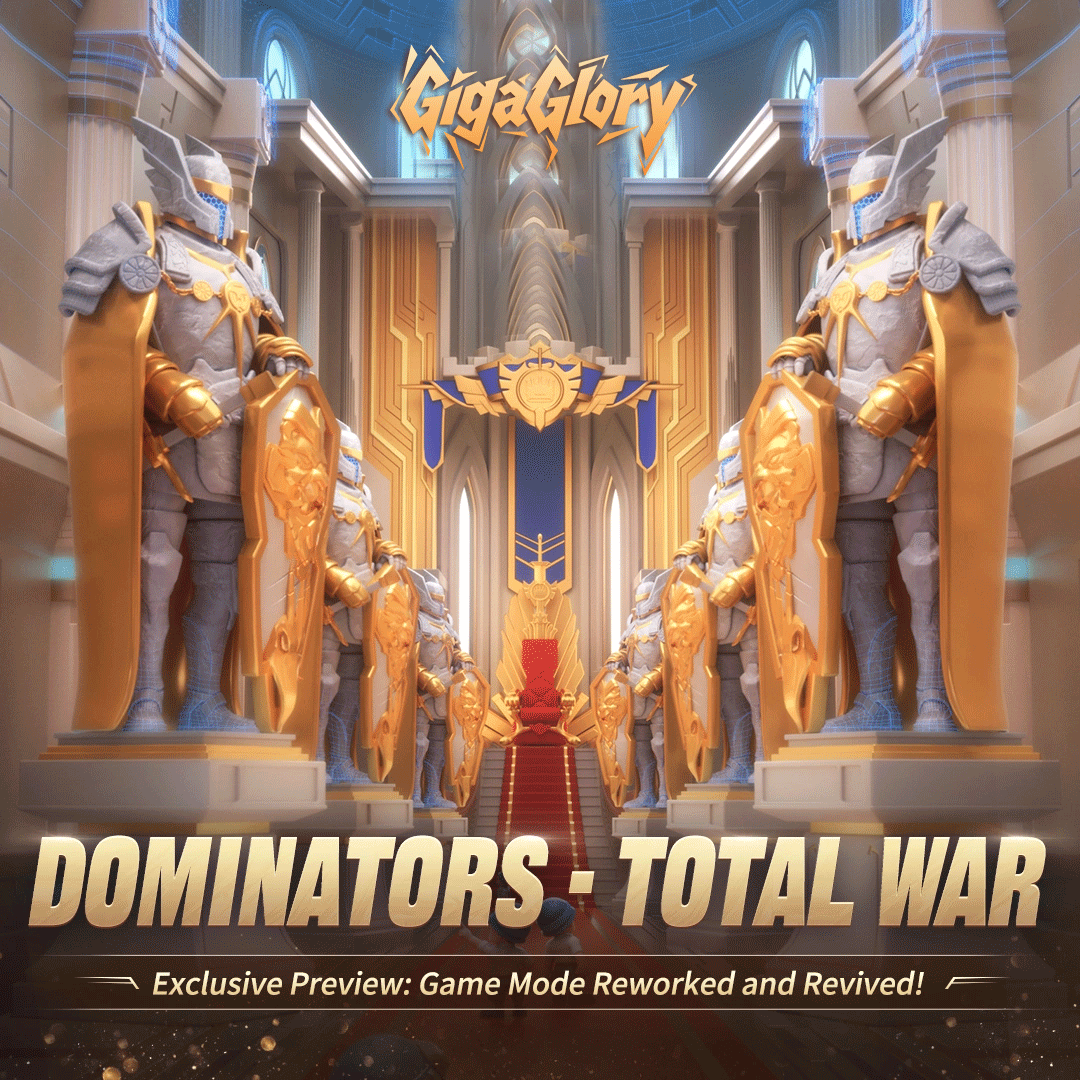Why Simulation Games Are the Future of Real-Time Strategy Games
In the vibrant world of gaming, the heart beats strong with the pulse of innovation. Among the myriad of genres, simulation games rise as a phoenix, reshaping the landscape of real-time strategy (RTS) games. The canvas they paint is both broad and intricate, promising a future filled with possibilities. With titles like FIFA 18 offering pre-match training via crash courses, the gaming community is ripe for a transformation. Let’s dive into this simulation renaissance.
Simulation Games: A Symphony of Realism and Strategy
Imagine a world where every decision you make plays out in real-time, mirroring the unpredictable nature of life itself. In simulation games, this is not just a dream. It’s a reality. Players are engaged in text-based RPG games online, where choices ripple through the fabric of the game, crafting narratives that are breathtakingly personal.
- Real-time feedback: Instant responses to player actions.
- Dynamic environments: Worlds that evolve based on player decisions.
- Immersive storytelling: Engaging plots that adapt to player interactions.
As technology advances, these elements become richer and more sophisticated. The allure of simulation lies not only in its entertainment value but also in its potential for learning and personal growth.
The Harmony Between RTS and Simulation
The roots of RTS games intertwine deeply with simulation. Both demand keen strategy and foresight, yet simulation games elevate this experience to new heights. Here’s how:
| Aspect | RTS Games | Simulation Games |
|---|---|---|
| Player Agency | Structured paths | Open-ended experiences |
| Decision Impact | Linear outcomes | Dynamic consequences |
| World Interaction | Predefined elements | Adaptive environments |
The table above showcases a world where players are not just pawns, but architects of their destinies. In this new era, every move has weight, and every choice enriches the tapestry of the game.
Why Are Simulation Games So Captivating?
Engagement in simulation games is akin to threading a needle in the fabric of reality. Here are the key points that make them compelling:
- **Freedom of choice:** Players navigate their journeys with immense autonomy.
- **Real-world connections:** Many simulation games draw from reality, offering relatable scenarios.
- **Skill development:** Players enhance strategic thinking and decision-making abilities.
Challenges and Triumphs
Despite their blossoming popularity, simulation games are not devoid of challenges. The balance between realism and gameplay must be carefully managed. Too much complexity can overwhelm, while too little can bore. Nevertheless, the triumphs within this space are monumental:
- A renewed focus on innovation and creativity during gameplay.
- A growing community of players who thrive on shared experiences and community-generated content.
- An escalation in technological advances enriching the user experience.
Frequently Asked Questions
1. What defines a simulation game?
Simulation games replicate real-life activities, allowing players to interact with environments in meaningful ways.
2. Are all RTS games considered simulation games?
Not all RTS games are simulations, but many acquire elements from simulation to enhance strategy.
3. Can simulation games improve real-life skills?
Yes, engaging with simulation games can develop strategic thinking, leadership, and resource management skills.
Conclusion
As we glance towards the horizon, it’s clear that simulation games are not just a passing trend in the realm of real-time strategy games. They embody a future laden with possibilities, where players can craft their narratives and experience the richness of choice. They open doors to new gameplay dimensions, inviting a diverse audience to partake. In this evolving landscape, the harmony of strategy and simulation weaves a potent tapestry, ensuring its place in the hearts of gamers for generations to come.



